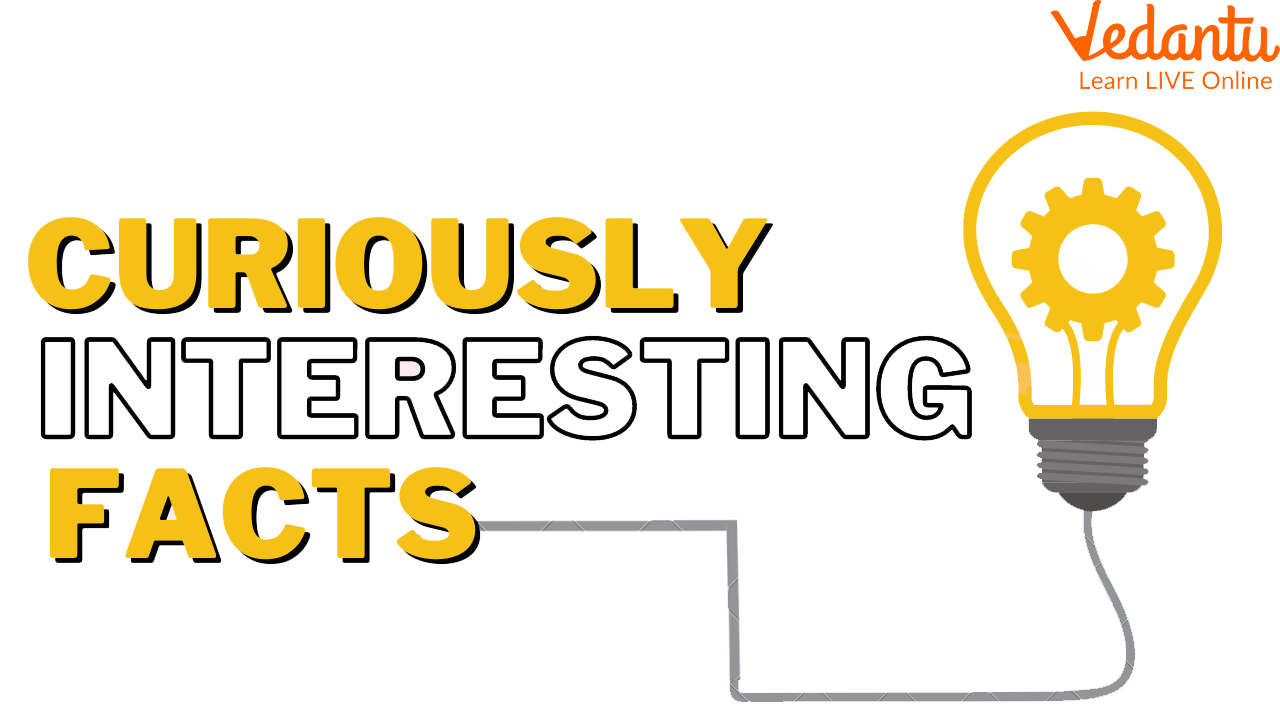




Why Are Scientists and Inventors Important in Our Lives?
The world we live in today would be different if it weren't for the amazing discoveries made by these famous scientists. People who follow in their footsteps are inspired by their ideas, research, experiments, publications, and determination. These men and women have made great strides in various scientific fields, such as biology, physics, astronomy, and chemistry. They have helped answer questions that seemed impossible to answer and opened the door to new areas of research and discovery.
In this article, we will understand who the scientists are, and a few famous scientists who gave remarkable contributions to society. Let's learn!!
Who are the Scientists and Inventors?

Scientists and Inventors
Scientists and inventors are trained professionals who study, test and gather information to learn more about a subject. They try to figure out how different things in the world work so they can come to conclusions based on the evidence. Scientists try to find answers to questions they don't know or understand by observing, researching, and keeping an open mind.
Scientists are needed in many fields to find, test, and draw conclusions about information. They work in almost every field, including business, teaching, technology, and more. Most scientists have basic skills in common. These include being curious, solving problems, communicating well, being organised, and being patient.
Interesting Facts About Scientists and Inventors

Scientists and Inventors
Here are some interesting facts about scientists and inventors for kids.
1. Albert Einstein
Albert Einstein, born in 1879, is one of history's most famous physicists. He reinterpreted matter, energy, space, time, and gravity. The guy behind E=mc2 discovered relativity and nuclear physics. In 1921 he won the Nobel Prize for photoelectric effect.
2. Benjamin Franklin
Benjamin Franklin invented bifocal glasses, a heat-efficient stove, a glass harp, and swimming fins. Benjamin's research regarding electricity and lightning led to the lightning rod. Franklin flew a kite during a storm to draw lightning to verify his hypothesis.
3. Charles Darwin
Englishman Charles Darwin was born in 1809. In The Origin of Species, he explains evolution. Darwin invented evolution. On his expedition to the Galapagos Islands, he developed the notion of evolution. He said all species developed via natural selection from common ancestors.
4. C.V. Raman
Sir Chandrasekhara Venkata Raman was an Indian scientist and he worked on the concept of scattering of light. His discovery is famously known as the “Raman effect”. He explained the reason behind the blue colour of sky. In 1930, he received the nobel prize for “Raman effect”. He was the first person to receive a Nobel prize in Indian science history.
5. Galileo Galilei
Galileo Galilei was the founder of modern science and was born in 1564. He invented the first space telescope. Galileo Galilei found four undiscovered Jupiter moons while examining stars and galaxies.
6. Isaac Newton
Physicist and scientist Isaac Newton was born in 1643. Newton is a physicist and astronomer who invented gravity and the Laws of Motion. Newton discovered gravity after observing an apple fall from a tree.
7. Marie Curie
French physicist and chemist Marie Curie was born in 1867. She found Polonium and Radium. Marie discovered radioactivity. Curie was the first woman to receive two Nobel Prizes.
8. Nicolaus Copernicus
Polish-born Nicolaus was born in 1473. His astronomy discoveries changed how we see the Sun, Earth, and other celestial objects. He abandoned the notion that Earth was the centre of the cosmos. Copernicus proposed heliocentrism, which puts the Sun at the centre. The notion was opposed then.
Nicolaus' work and theories inspired new astronomy. Copernicus was a scholar, doctor, mathematician, economist, artist, and diplomat. Copernicus' name appears on the element Copernicium.
9. Niels Bohr
1885 Danish scientist Niels Bohr. Bohr's atomic structure and radiation emission theories are groundbreaking. Today's atomic model is Bohr's. During World War II, he escaped Denmark and joined the US atomic bomb team.
10. Homi J Bhabha
Homi Jehangir Bhabha was an Indian physicist who worked mainly in the area of nuclear physics. He is known as the “Father of Indian Nuclear Programme”. Homi J Bhabha was also the founding director of the Atomic Energy Establishment, now known as “Bhabha Atomic Research Centre (BARC)” in his honour.
Similarly, there are many famous scientists who have contributed to the society’s development. In Indian history we have many important persons such as, Dr. APJ Abdul Kalam, who was the man behind the development of India’s first Satellite Launch Vehicle (SLV). Satyendra Nath Bose, Collaborated with Albert Einstein in the development of the foundation for Bose-Einstein statistics and the theory of the Bose-Einstein condensate.
Conclusion
Scientists are the ones who do interesting and mind-boggling experiments and discoveries. Kids interested in science look up to the work of genius scientists. Kids interested in science see scientists as heroes, and why not? With their brilliant ideas and inventions, they changed the way the world works.
The kids are always wondering how things work, why some things are the way they are, and so on. They are always ready to explain what they see in terms of why, when, what, and how. Parents should encourage their children to study science and learn about the biography of inventors. This makes them more likely to ask questions.
FAQs on Amazing Facts About Scientists and Inventors
1. What is the main difference between a scientist and an inventor?
A scientist is a person who studies the natural world to discover new knowledge and understand how things work. They use observation and experimentation. An inventor is a person who uses scientific knowledge to create something new and useful, such as a device, a process, or a tool that solves a real-world problem.
2. Can you name a few famous inventors and their most important inventions?
Certainly. Some of the most well-known inventors and their creations include:
- Thomas Edison: Famous for inventing the practical incandescent light bulb, the phonograph, and the movie camera.
- Alexander Graham Bell: Credited with inventing and patenting the first practical telephone.
- The Wright Brothers (Orville and Wilbur): Known for inventing, building, and flying the world's first successful motor-operated airplane.
3. Who are some famous Indian scientists and what are they known for?
India has a rich history of brilliant scientists. A few notable figures include:
- Dr. C.V. Raman: A Nobel Prize winner in Physics for his work on light scattering, known as the Raman Effect.
- Dr. A.P.J. Abdul Kalam: An aerospace scientist who was a central figure in the development of India's ballistic missile and space rocket technology. He later became the 11th President of India.
- Homi J. Bhabha: Considered the father of the Indian nuclear programme.
4. Why is it important for students to learn about great scientists and inventors?
Learning about great scientists and inventors is important because it makes science more relatable and inspiring. It shows that scientific breakthroughs are made by real people who were often curious, creative, and persistent. Their stories teach us about problem-solving, the importance of asking questions, and how a single idea can change the world. It helps connect scientific concepts to their historical context and real-world applications.
5. Can a single person be both a scientist and an inventor?
Yes, absolutely. Many of history's greatest minds have excelled as both. A perfect example is Isaac Newton. As a scientist, he discovered the laws of motion and universal gravitation. As an inventor, he used his understanding of light and optics to build the first practical reflecting telescope. This shows how scientific discovery can directly lead to practical invention.
6. What are some common characteristics that successful scientists and inventors share?
While every individual is unique, many successful scientists and inventors share a few key traits. These often include a deep sense of curiosity about the world, strong perseverance to overcome failures and challenges, a high degree of creativity to think of new solutions, and a passion for solving problems to make the world a better place.
7. How do inventions from hundreds of years ago still impact our daily lives?
Many old inventions form the foundation of our modern world. For example, the invention of the printing press made books widely available, leading to the spread of education we have today. Thomas Edison's work on the light bulb paved the way for all modern electrical lighting. Similarly, the invention of the telephone was the first step towards the smartphones and global communication we use every day.
8. Was Albert Einstein an inventor?
Albert Einstein was primarily a theoretical physicist, which is a type of scientist, not an inventor. He did not create machines or devices. However, his revolutionary scientific theories, like the famous equation E=mc², laid the fundamental groundwork that other scientists and inventors later used to develop technologies like nuclear power, lasers, and even GPS systems.









